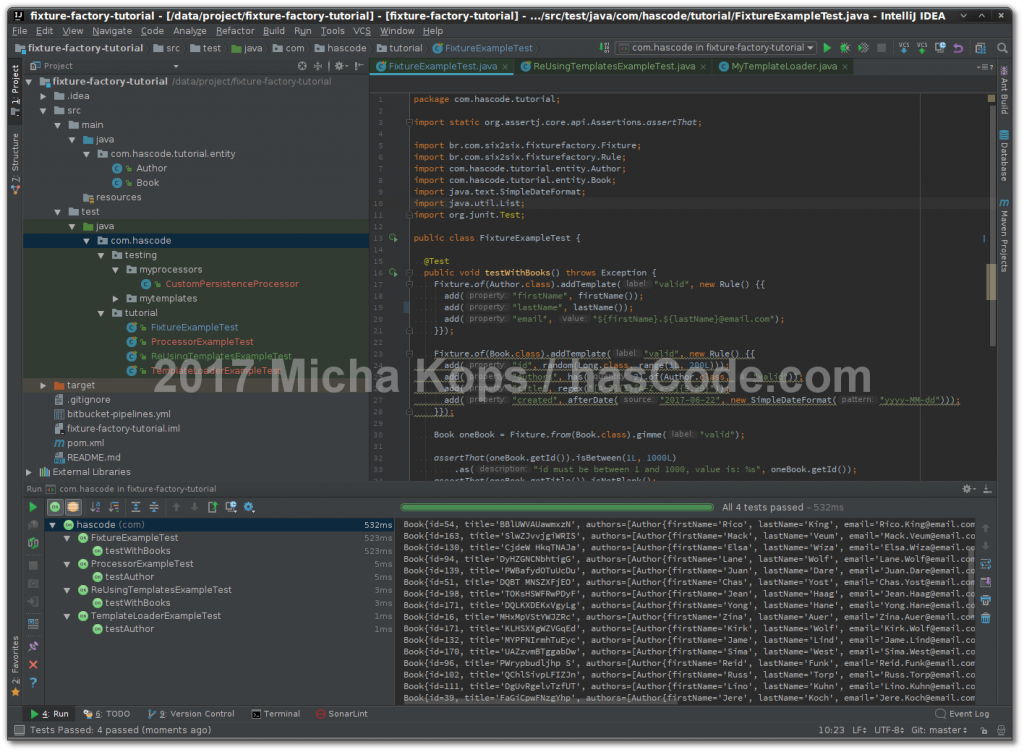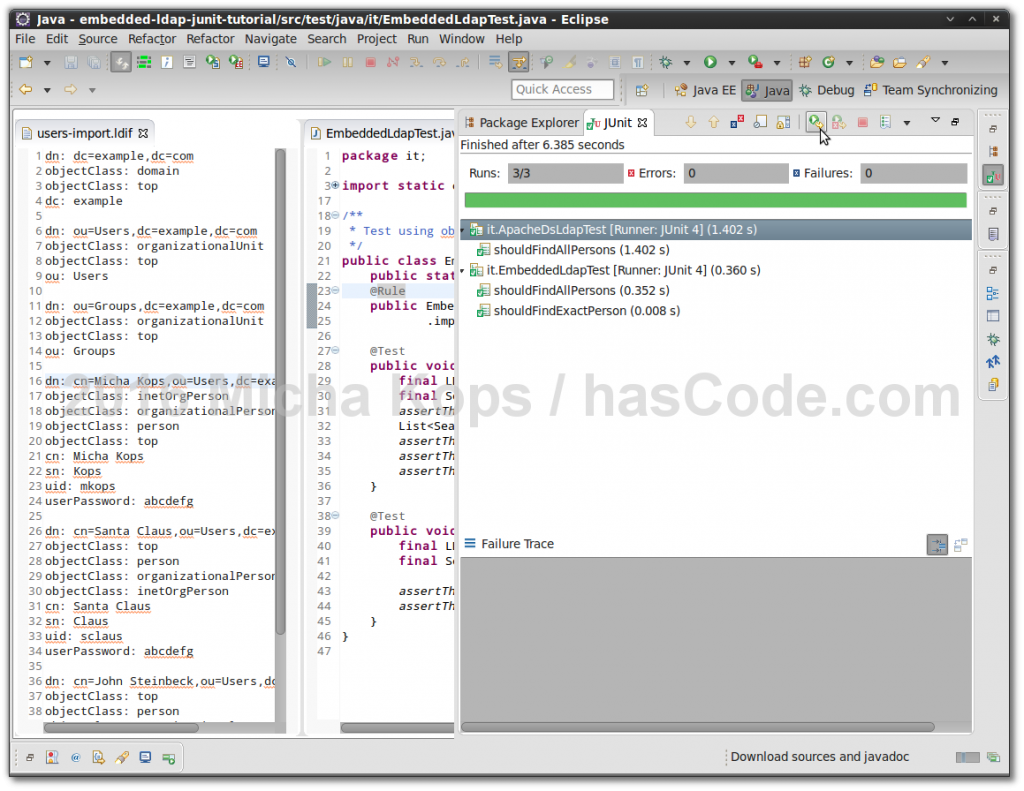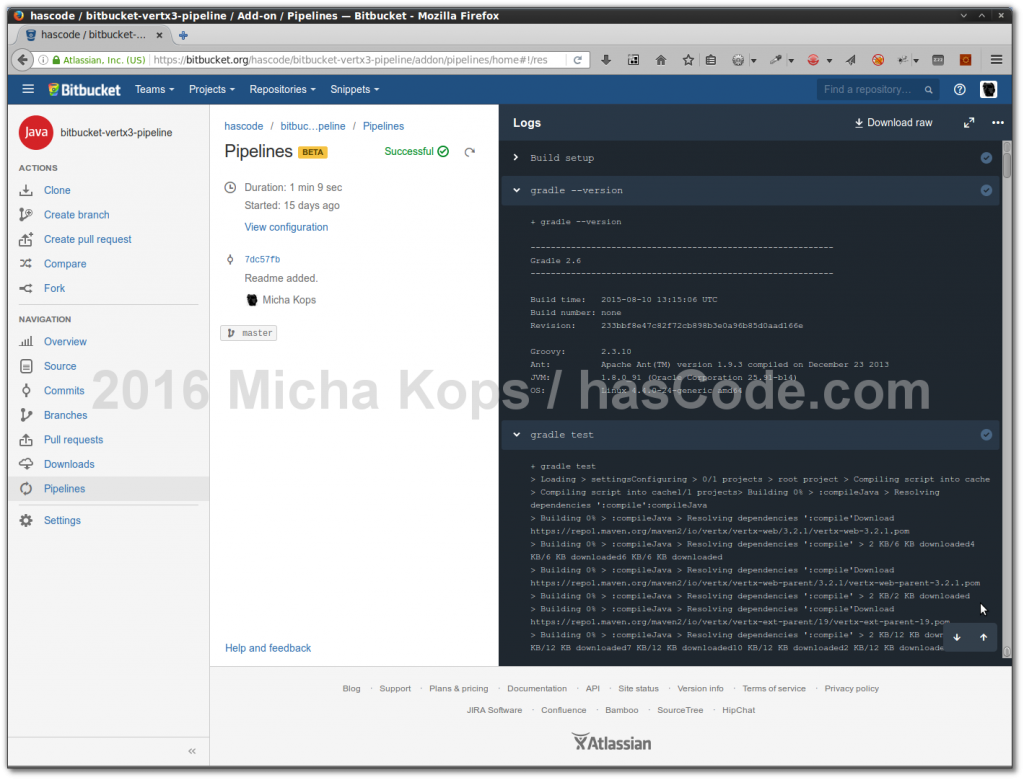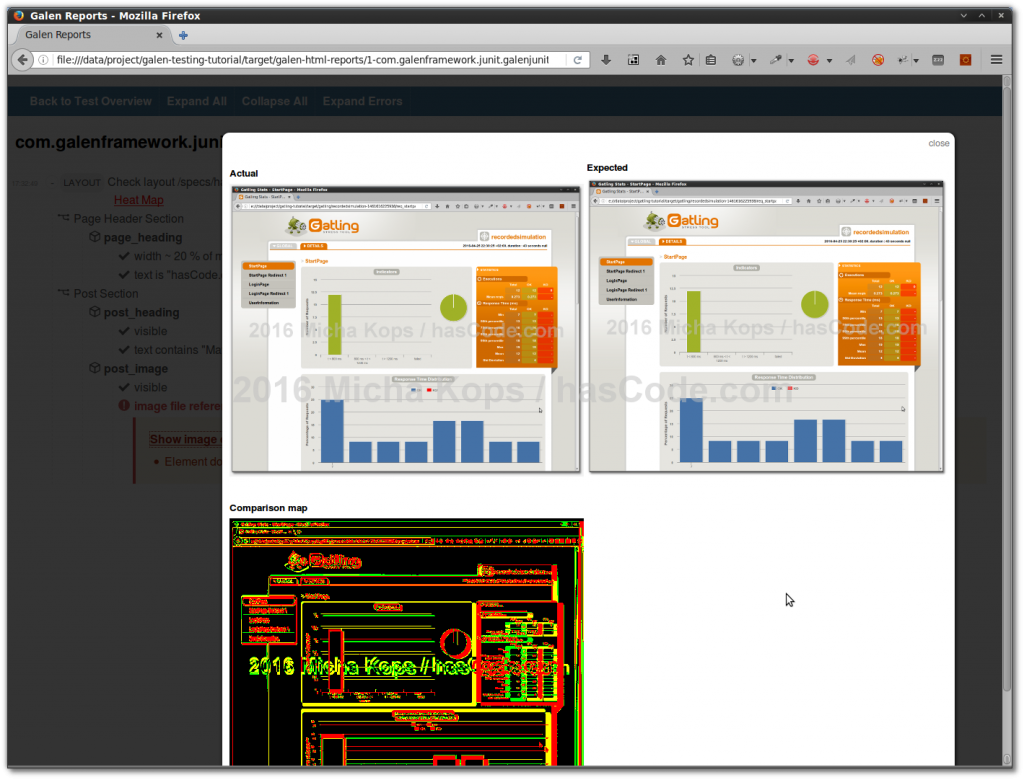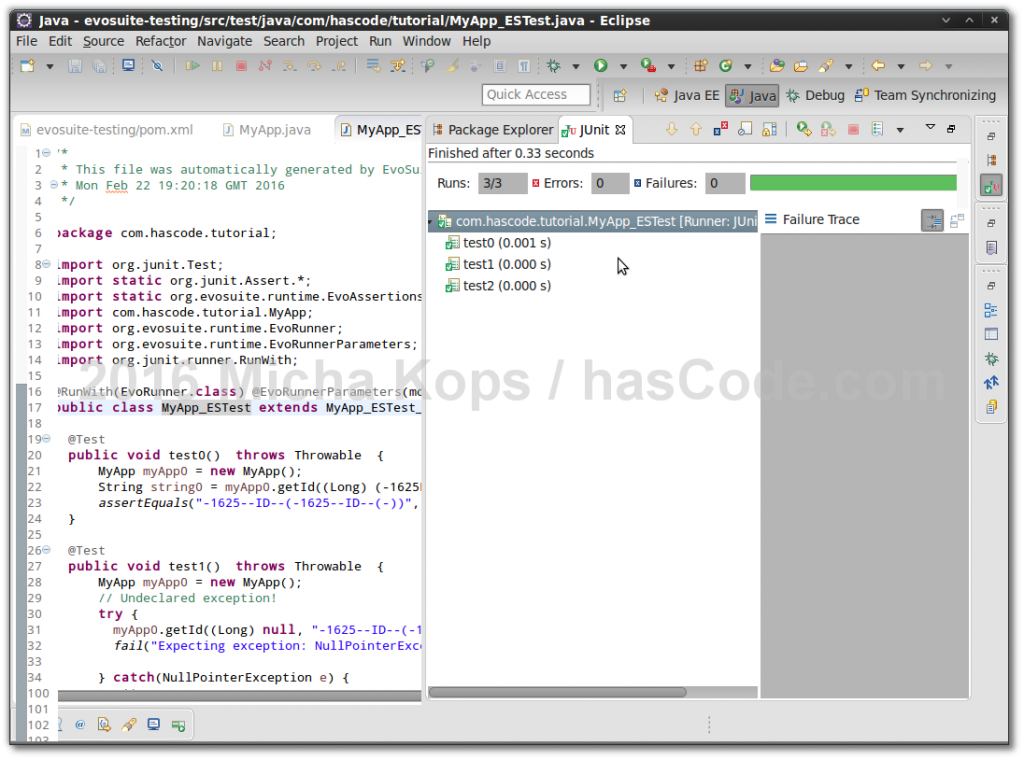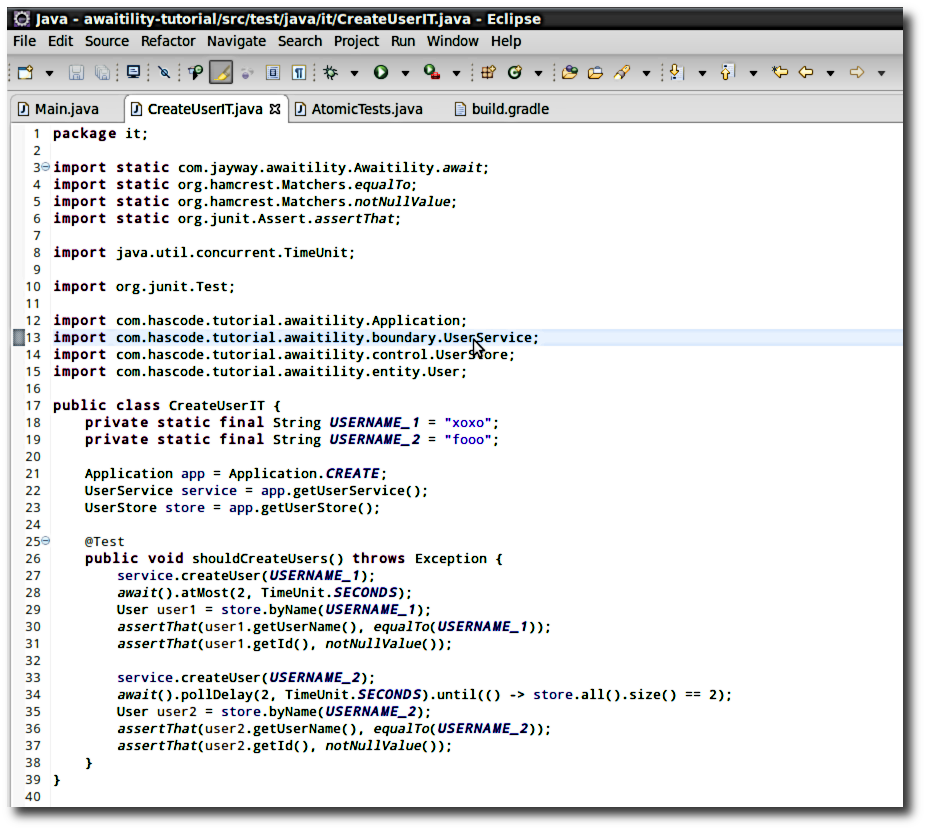Shell Script Testing with Bats
We’ve all been there: a small shell script that starts as a quick helper suddenly becomes a critical part of your workflow. Then one day, it breaks - maybe because of a missing argument, a typo, or an unexpected input. Debugging at 2 AM isn’t fun. That’s why adding tests to your shell scripts is a lifesaver. With Bats (Bash Automated Testing System), you can catch these issues early and make your scripts as reliable as any other piece of software. ...
